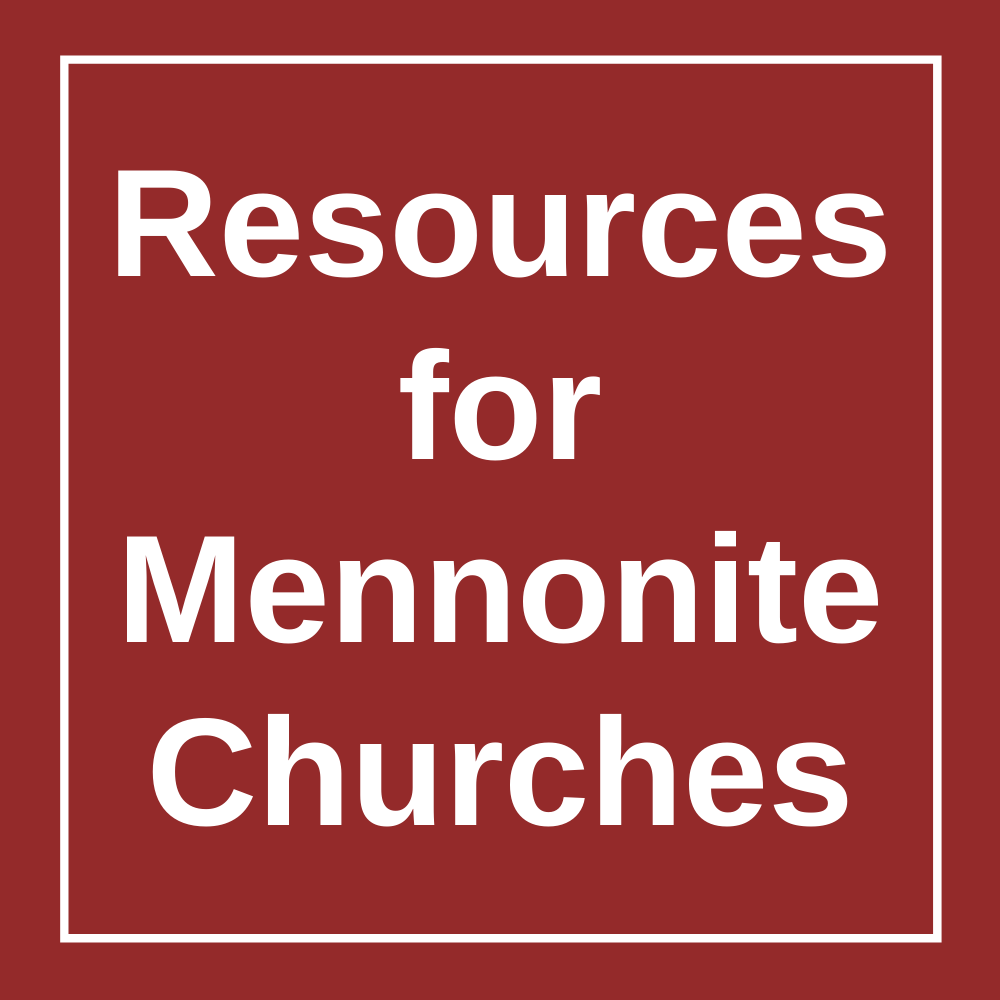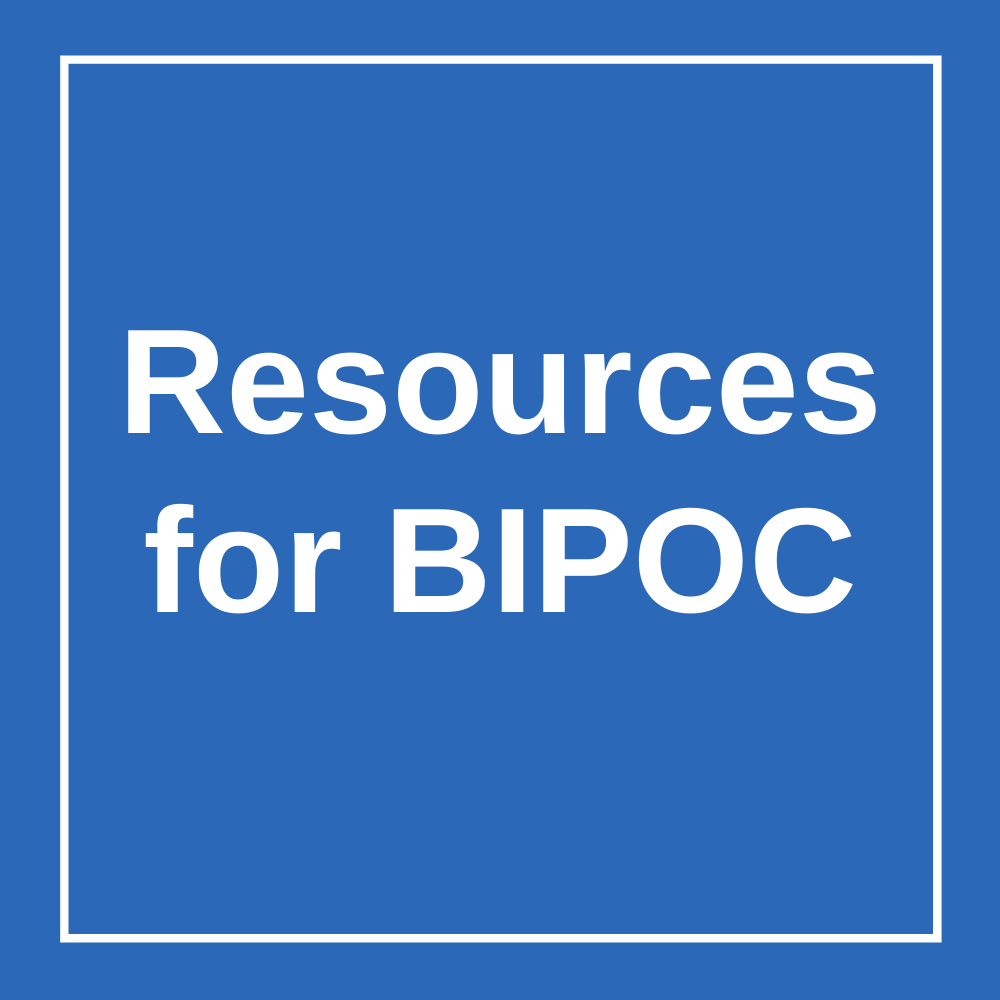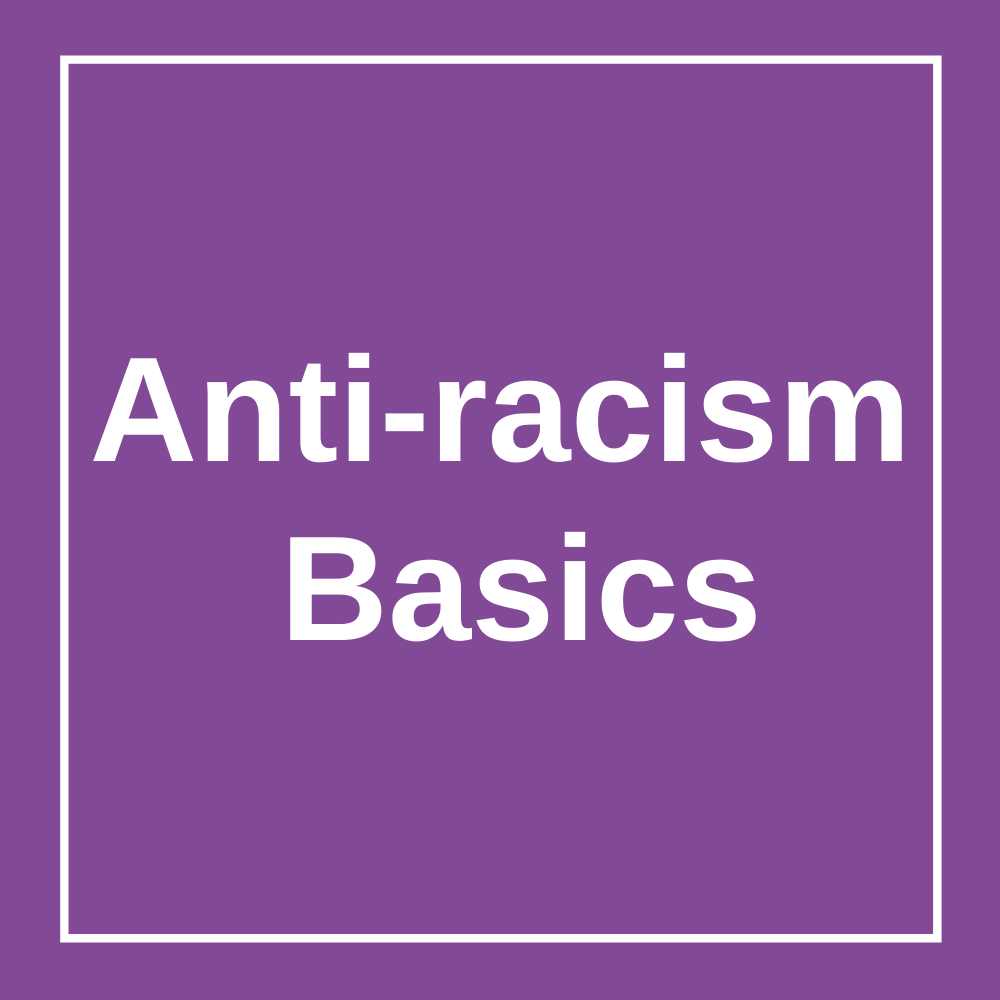These resources are for white people who have significant interracial or intercultural experience and have already engaged in anti-racism training and learning. If this is new to you, visit our Anti-racism Basics page.
Trainings and Caucuses/Affinity Groups
Anti-racism trainings help to form a shared language and understanding of how power and history relates to race. They also connect you with others who are working to dismantle racism and gain cultural competency.
- Intercultural Development Inventory (IDI) is a program tool of Mennonite Church USA for assessing and developing intercultural competence. Qualified administrators can administer the IDI and provide feedback on improving intercultural competence.
- The Roots of Justice Anti-racism Process (formerly “Damascus Road”) is a process for teams who are working to dismantle racism within their institution or community. The process can be shaped for either secular or Christian faith-based contexts.
- Article: Building an effective white caucus (pdf) by Roots of Justice
Book / learning groups
If you are thinking about a book club, one suggestion is to add an action piece and to build in accountability. This can help you practice what you have learned and start to change your behavior and worldview.
- Find a list of resources from and for a Mennonite/Anabaptist perspective in our Anti-racism Resources for Churches.
- Racism is Real Dialogue Series: An ongoing series of recorded video conversations with Roots of Justice trainers and friends
- An Anabaptist Anti-Racist Reading List created by the Anabaptist Historians highlights readings that share a common mission to bring about a more equal Anabaptist church and a more just future.
- Holding It (,) Together podcast: In episode 1, Michelle Armster and Iris de León-Hartshorn discuss women in leadership in the Mennonite Church
- Resources on Intersectionality from Roots of Justice
- Article: The Case for Reparations by Ta-Nehisi Coates
- Article: A Christian Call for Reparations by Kelly Brown Douglas
- Article: “White supremacy culture” from Dismantling Racism: A Workbook for Social Change Groups by Kenneth Jones and Tema Okun
- Movie and study guide: Doctrine of Discovery: In the Name of Christ is a 43-minute documentary, with a study guide, that teaches about the history of the Doctrine of Discovery, its basis in Christian theology, its effects on Indigenous Peoples today, and how we might start to undo it.
- 1619 Project from the New York Times Magazine
Developed by reporter Nikole Hannah-Jones, this project offers articles and podcasts that re-examine the legacy of slavery in the United States. The Pulitzer Center offers resources and curriculum to engage with the materials. - Book: I Bring the Voices of My People: A Womanist Vision for Racial Reconciliation by Chanequa Walker-Barnes
- Book: The Cross and the Lynching Tree by James Cone
- Book: Fleshing the Spirit: Spirituality and Activism in Chicana, Latina, and Indigenous Women’s Lives edited by Elisa Facio and Irene Lara
- Book/practices: My Grandmother’s Hands by Resmaa Manikem offers practices for responding to the ways white supremacy is embedded in our bodies
Get involved
If you want partnership that is grounded in pursuing fundamental change, join with existing organizations that are led by people of color working on issues around racism.
- Dismantling the Doctrine of Discovery:
- Search in your community for a group working for racial justice.
- Donate to the MC USA Justice Fund to support MC USA churches that are actively involved in dismantling racism, addressing police brutality, reimagining policing in our society or combating poverty.
- Get involved with MCC’s prison ministry, learning about and responding to mass incarceration.
- Get involved with The Poor People’s Campaign: A National Call for Moral Revival, which seeks to continue the work of Dr. Martin Luther King Jr. and many others to build a broad, fusion movement to unite poor and impacted communities across the country
- If you attend rallies, marches and protests, show up prepared and listen to the directions of organizers. You can often also donate supplies or resources.




